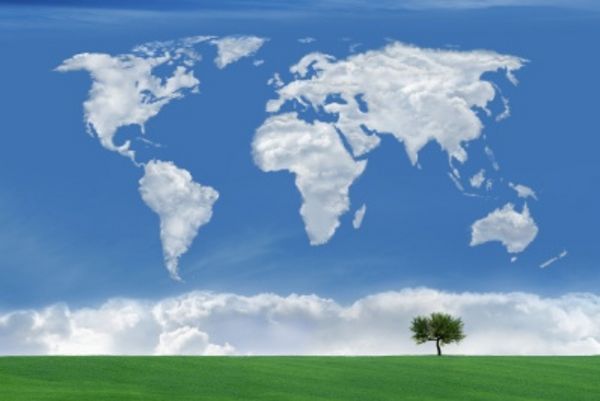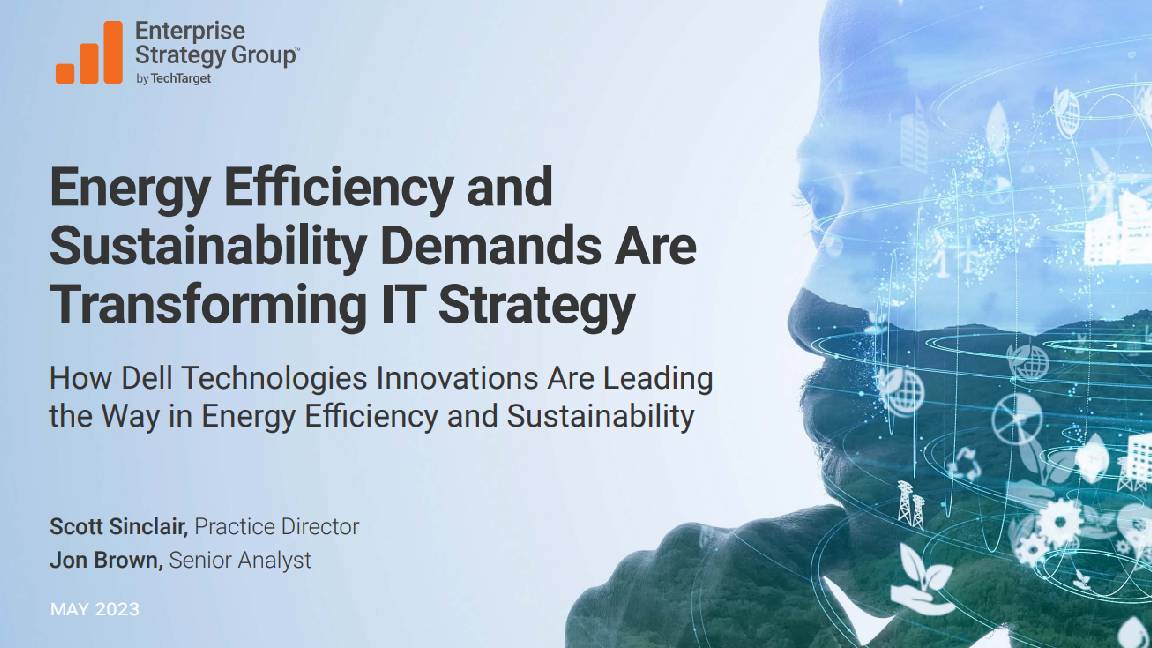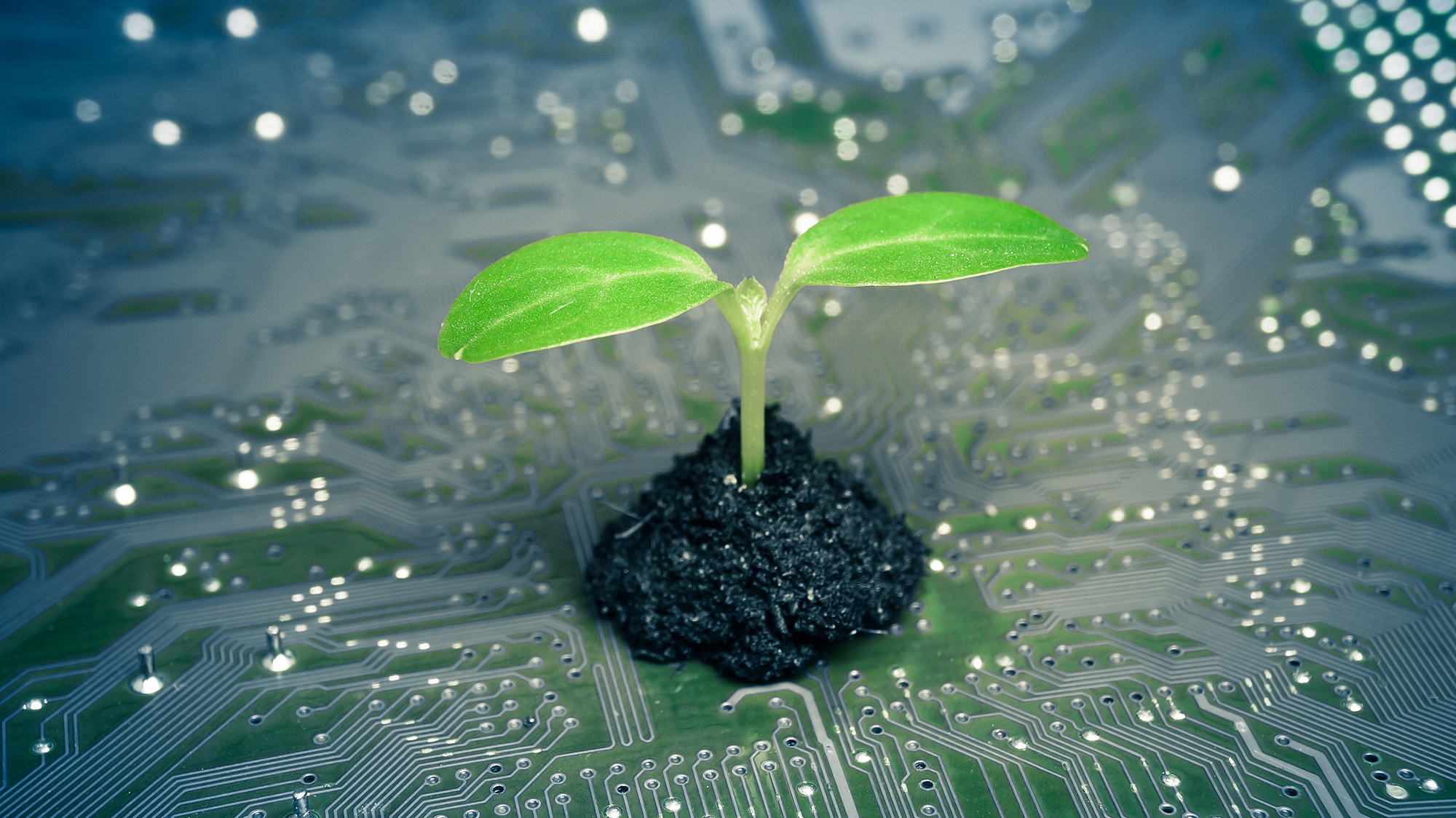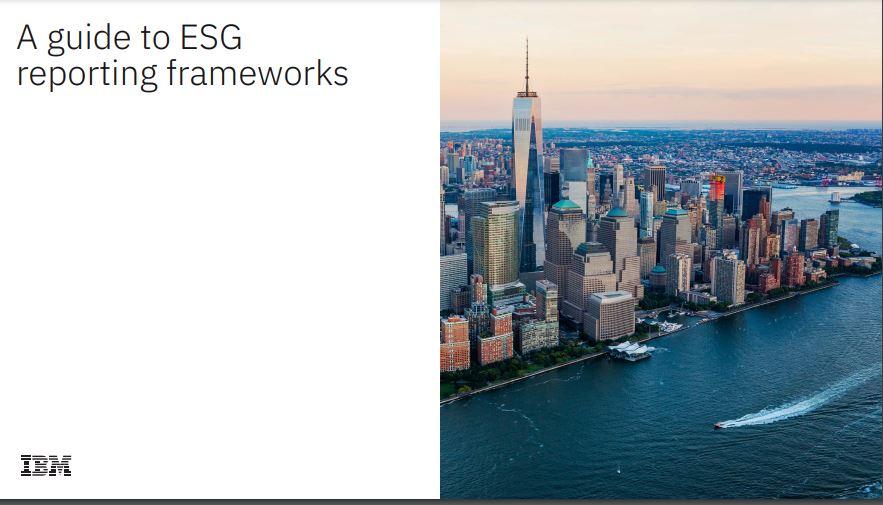Greenpeace slams PC makers green credentials
The environmental group’s quarterly report into electronic manufacturing practices, emissions and waste finds some of the biggest in the industry are still lagging behind.


Apple, Dell, Motorola, Microsoft, Samsung and Nintendo demonstrate the least engagement with environmental concerns according to today's Greenpeace report into the tech sector's policies on toxic chemicals, recycling and climate change.
The tenth quarterly Greenpeace Guide to Greener Electronics found these companies had failed to demonstrate any real commitment to cutting their own CO2 emissions or accepting responsibility as a climate leader in a post-Kyoto political climate.
Greenpeace International climate & energy campaigner Mel Francis said: "It is disappointing that such innovative and fast-changing companies are moving so slowly, when they could be turning the regulation we need on global emissions into a golden business opportunity."
According to criteria based on the use of toxic chemicals in the manufacturing process, as well as recycling and energy targets, Fujitsu Siemens Computers, Philips and Sharp were in line with international greenhouse gas reduction targets.
HP, along with Philips and Nokia, gained points for its commitment to absolute reductions in its own greenhouse gas emissions from product manufacture and supply chains.
But Philips and HP still featured in the bottom half of the Greenpeace rankings, losing out because of a lack of improvement in how they handle e-waste.
Nokia came out top overall for similar commitments in the supply chain, but also because it scored maximum points for its comprehensive voluntary take-back programme. While Sony Ericsson and Toshiba followed in second and third place.
Sign up today and you will receive a free copy of our Future Focus 2025 report - the leading guidance on AI, cybersecurity and other IT challenges as per 700+ senior executives
Motorola, Toshiba and Sharp were the biggest movers up the chart, while the companies dropping down the ranking were Acer, Dell, HP and Apple. Although Apple did get a few extra points for better reporting on the carbon footprint of its products and for removing PVC and brominated flame retardants from its new iPods.
Greenpeace criticised Dell and Acer for failing to reduce their use of toxic chemicals, where Dell in particular lost points for withdrawing from its commitment to eliminate all PVC plastic and brominated flame retardants by the end of 2009.
Nintendo remained at the bottom of the ranking, although Greenpeace said it had taken small steps to address the presence of some potentially toxic additives in its plastics.
A 25-year veteran enterprise technology expert, Miya Knights applies her deep understanding of technology gained through her journalism career to both her role as a consultant and as director at Retail Technology Magazine, which she helped shape over the past 17 years. Miya was educated at Oxford University, earning a master’s degree in English.
Her role as a journalist has seen her write for many of the leading technology publishers in the UK such as ITPro, TechWeekEurope, CIO UK, Computer Weekly, and also a number of national newspapers including The Times, Independent, and Financial Times.
-
 Beyond the upgrade: How to maximize IT investments and minimize waste
Beyond the upgrade: How to maximize IT investments and minimize wasteHow to maintain optimal performance and productivity with your fleet of hardware and stave off the next upgrade cycle for a bit longer
-
 Energy efficiency and sustainability demands are transforming IT strategy
Energy efficiency and sustainability demands are transforming IT strategywhitepaper How Dell Technologies innovations are leading the way in energy effiency and sustainability
-
 Energy efficiency and sustainability demands are transforming IT strategy
Energy efficiency and sustainability demands are transforming IT strategywhitepaper How Dell Technologies innovations are leading the way in energy effiency and sustainability
-
 Your guide to smarter printing: 2024 edition
Your guide to smarter printing: 2024 editionWhitepaper Making smarter printing simple for all businesses
-
 How to empower employees to accelerate emissions reduction
How to empower employees to accelerate emissions reductionin depth With ICT accounting for as much as 3% of global carbon emissions, the same as aviation, the industry needs to increase emissions reduction
-
 How much say does IT really have in sustainability initiatives?
How much say does IT really have in sustainability initiatives?ITPro Network Vendors are ready to proclaim their green credentials, but as members of the ITPro Network explain, making changes on the ground can be complex
-
 ESG: Designing the ideal digital work experience for the next generation of innovators
ESG: Designing the ideal digital work experience for the next generation of innovatorsWhitepaper What users want, why it's critical to give it to them, and how the whole organization can benefit
-
 A guide to ESG reporting frameworks
A guide to ESG reporting frameworksWhitepaper Guidelines to assist with your approach to ESG reporting


